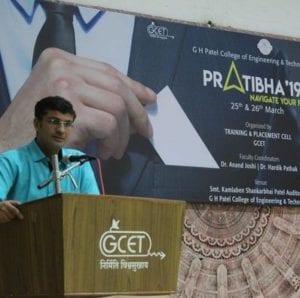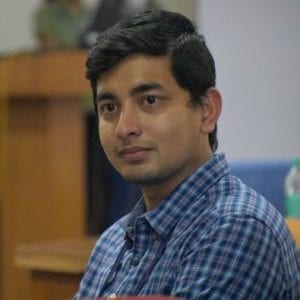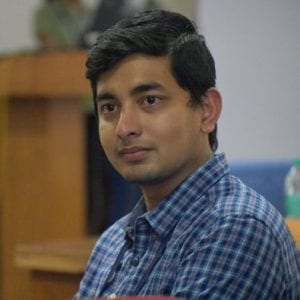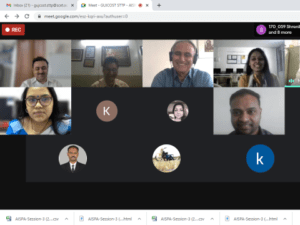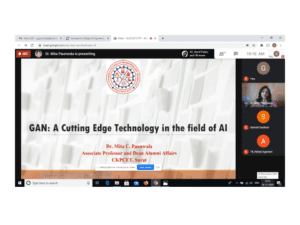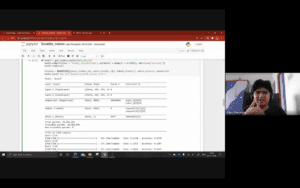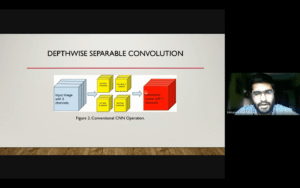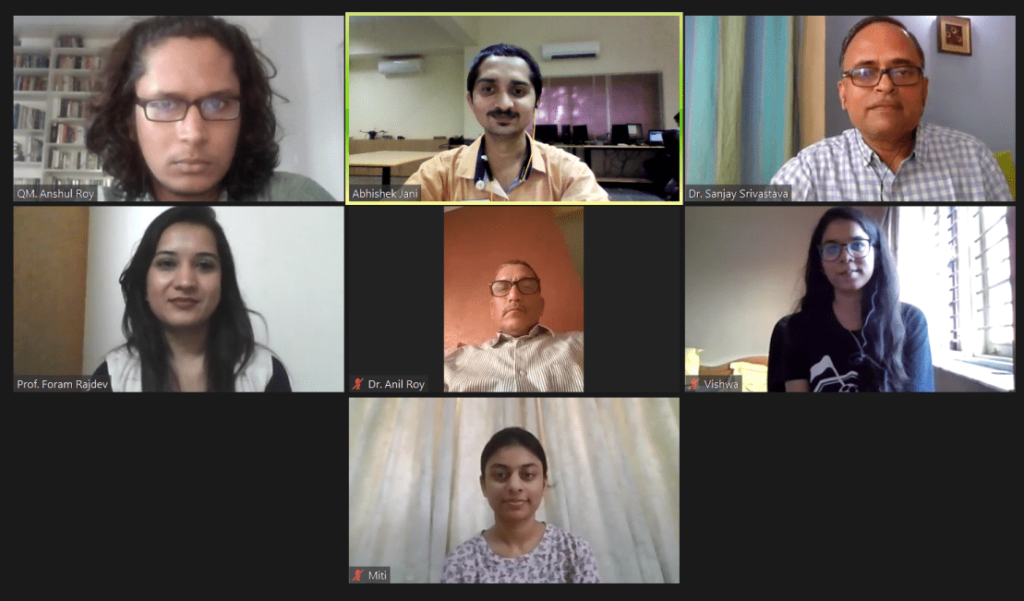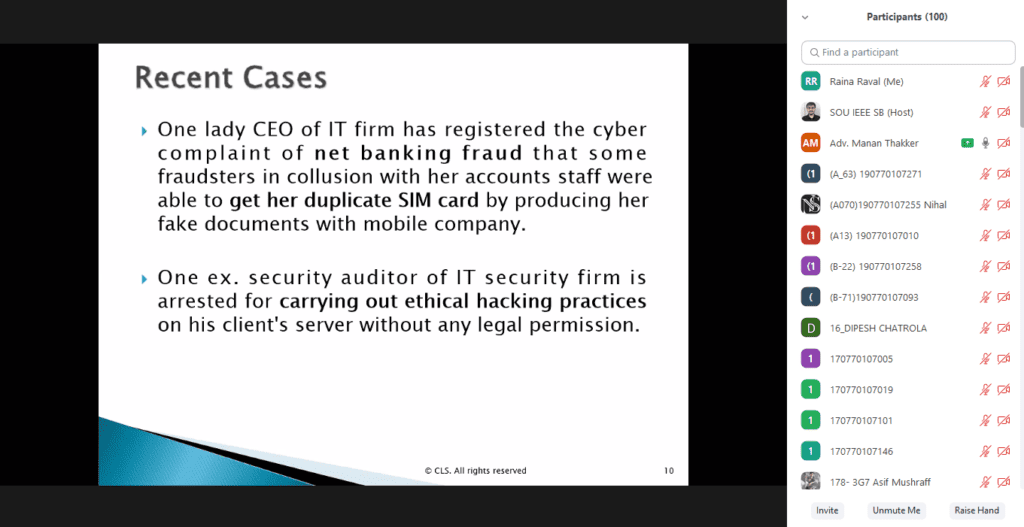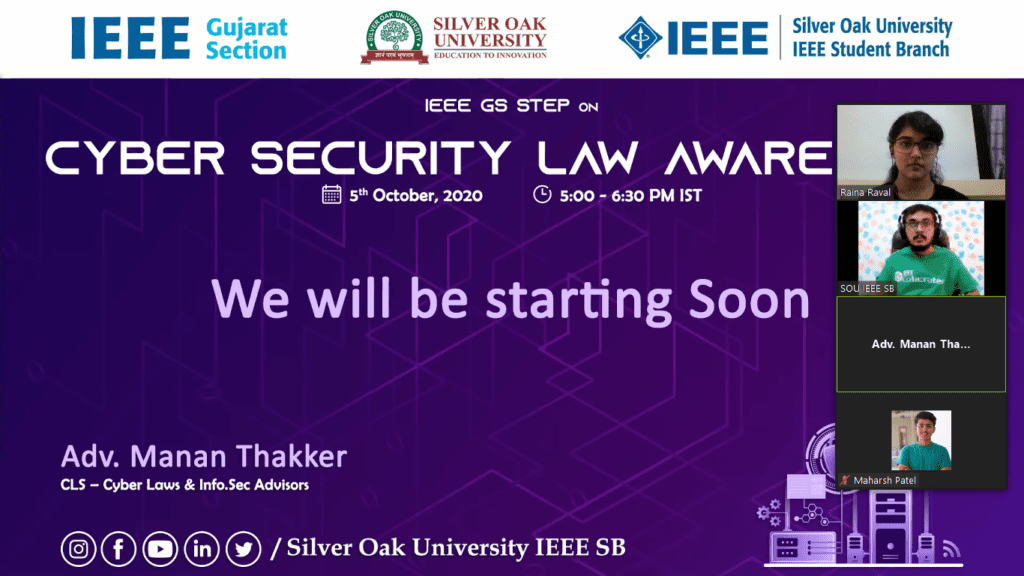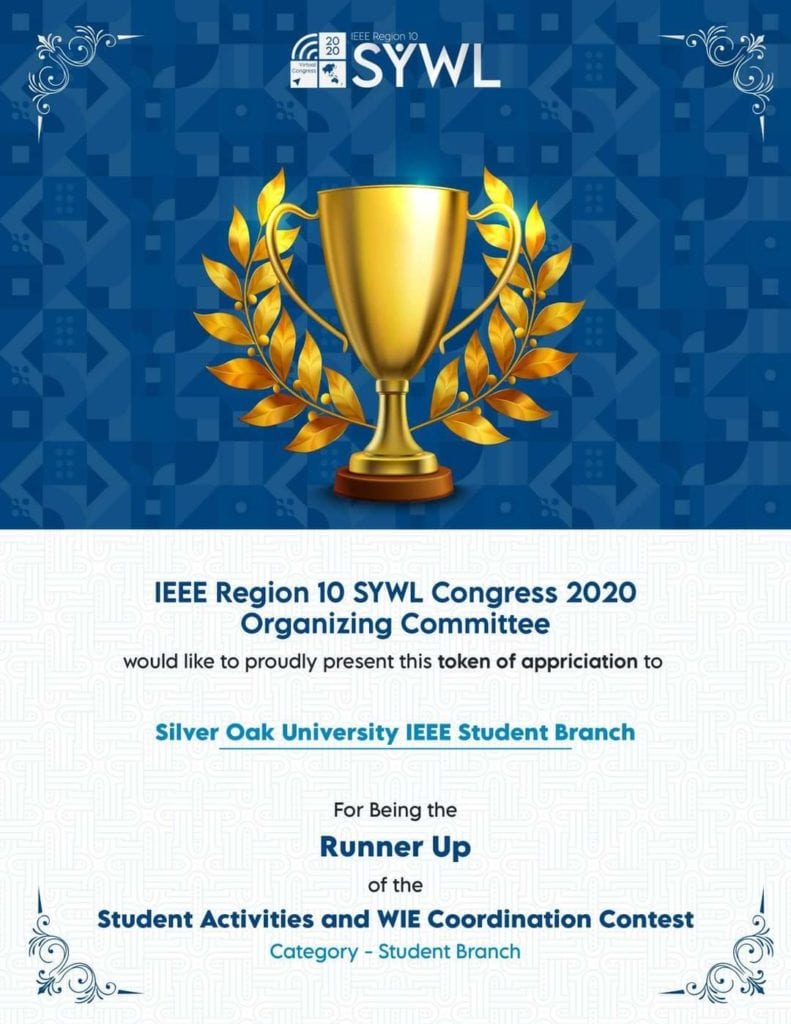Launching of WIE Gujarat Section logo and 2021 WIE Roadmap – Orientation Program
Title: Launching of WIE Gujarat Section logo and 2021 WIE Roadmap – Orientation Program
Event Date : 30/1/21
Time : 10 30 am to 12 pm
Organized by : Foram Rajdev – chair – WIE Gujarat section
Introduction
The event was organised by the IEEE Gujarat Section WIE Affinity group virtually by Zoom. The event took place on 30th January 2021 from 10.30AM. All the WIE Advisors, Chairs and Vice chairs of the student branches of Gujarat section running the WIE chapter were invited to this event. The executive committee members of IEEE were also invited to grace the event.
Purpose of the event
The main purpose of the event was to discuss the roadmap of 2021 events that has been planned by each student branch under the IEEE WIE affinity group. And, on this Occasion the virtual inauguration of the IEEE WIE Gujarat Section logo had to be done.
Agenda of the event
- Welcoming of Chief Guest by Prof. Foram Rajdev, WIE Chair, IEEE Gujarat Section.
- Launch of the WIE Gujarat Section Logo by Dr. R.B. Jadeja, Dean, FOE Marwadi University and Treasurer, IEEE Region 10; followed by his motivational words for the team.
- Members’ Introduction
- Address by Prof. Foram Rajdev for the 2021 plan.
- WIE roadmap presentation by all WIE chairs of Gujarat Section.
- Vote of thanks by Dr. Manisha Shah, WIE Vice Chair, IEEE Gujarat Section.
Session Details
The event was started well within the time. The anchor Kripa Kundaliya offered a warm welcome to everyone and started by discussing the agenda for the meeting.
Prof. Foram Rajdev, WIE Chair, IEEE Gujarat Section then welcomed our Chief Guest – Dr. R.B. Jadeja, Dean, FOE Marwadi University & Treasurer, IEEE Region 10; for the inauguration of the logo. Dr. R.B. Jadeja declared the logo open and shared motivational words with the audience.
The WIE Chair, IEEE Gujarat Section Prof. Foram Rajdev put forward a presentation where she discussed the activities that have been planned for the year 2021 to be performed by Gujarat Section as a whole. She asked everyone to fill their preferences in the shared excel sheet for deciding the task allocation.
Towards the end, she motivated everyone to dedicatedly work for the WIE chapter for creating a change in the society.
Furthermore, all the student branches had given an opportunity to present their plan and roadmap for 2021 as decided by their chapters. Amazing ideas with diverse backgrounds were put forward from different branches. I included student branches of DAIICT, GCET, SILVER OAK UNIVERSITY, MEFGI, MBICT, AU
Lastly, the vote of thanks was given by Dr. Manisha Shah, Vice Chair, IEEE Gujarat Section.



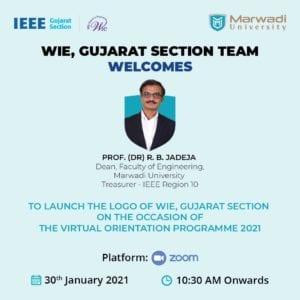

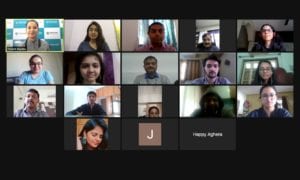

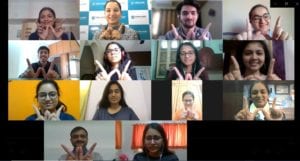
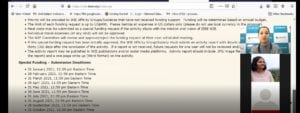
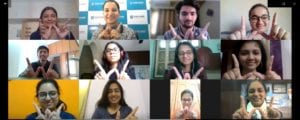

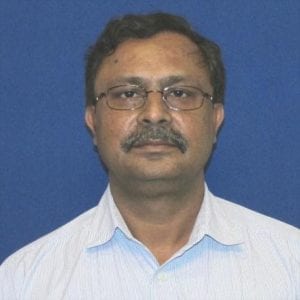
 Add Event to Calendar
Add Event to Calendar
